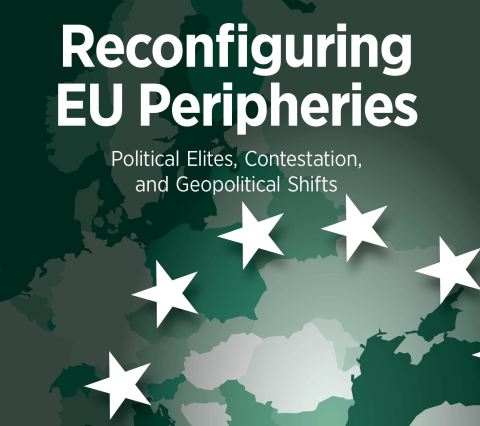 This major allows students to obtain a better understanding of the multi-faceted policies of the European Union towards the countries in the EU’s neigbourhoods (East, South and Southeast). It also provides them with an opportunity to capture the political, socio-political, socio-economic, legal, energy- and identity related developments in the neighbourhood itself.
This major allows students to obtain a better understanding of the multi-faceted policies of the European Union towards the countries in the EU’s neigbourhoods (East, South and Southeast). It also provides them with an opportunity to capture the political, socio-political, socio-economic, legal, energy- and identity related developments in the neighbourhood itself.
The major draws on EU studies, EU foreign policy analysis, peace and conflict studies to achieve its goals. Students further deepen their knowledge of the broader historical context by taking a course in the European History and Civilization Major.
The second semester study trip is an integral part of the academic programme, participation is obligatory and students are expected to attend all related conferences and activities. It counts for 2 ECTS.
|
Students must take six courses from the list of core and specialist courses. The following rules apply: |
Core courses
|
Specialist courses
|
Master’s thesis colloquiumStudents are automatically registered in the major's research colloquium.
|
Compact seminarsStudents need to select one or two compact seminars.
|
Simulation gamesParticipation in the simulation games is optional.
|
Cooperation with external partnersStudents can choose any number of the following elements.
|
Professional developmentThe Professional Development and Career Orientation programme complements the academic programme with on-site, made-to-measure support and guidance in helping to shape the students’ professional paths. |
Language coursesIn addition to benefitting from a bilingual study programme, students can take advantage of language courses on offer implemented by the Languages and Intercultural Dialogue Office. The following languages are on offer: English, French, Italian, German, Polish, Russian, Spanish and Arabic. The courses are tailored to the individual students' needs, and are also focused on transversal skills required by employers. |
